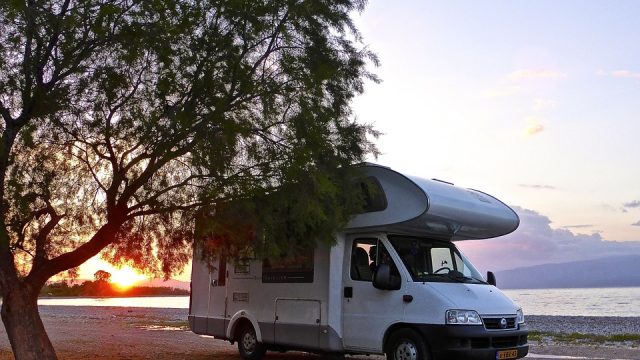Many people buying a motorhome will be looking for some sort of finance deal or another.
In what follows, some of the options available will be listed and briefly analysed.
Cash
If you are in the fortunate position of having lots of surplus cash sitting in the bank, this may be an attractive option and one very likely to be the lowest-cost route available.
The nature of this approach needs no explanation, being all about signing a cheque or the equivalent. However, be careful about assuming that it is always sensible to use your liquid cash for such purchases.
In some situations, for example if you have a sudden emergency, you may need access to liquid capital. If you have tied up all of your available cash in a motorhome, it may take time to be able to access it again to deal with the crisis.
Hire Purchase (HP)
This is one of the most familiar forms of motorhome financing.
Although it probably needs no description, it’s perhaps worth summarising that this typically involves:
- you finding a percentage of the cost of the motorhome from your own capital resources. This is often known as “the deposit”;
- assuming your application is approved, your provider of HP motorhome financing will then purchase the vehicle which they will legally own;
- you will typically be officially listed as the vehicle’s registered keeper and will be able to use the vehicle as if it were your own – perhaps subject to one or two conditions;
- each month you will make an agreed repayment to the finance provider;
- once you have made the final payment, the vehicle will become legally yours.
While you are making your repayments, it would be illegal to sell the vehicle concerned as it is not your property. It is only after you have made the final payment that you will be legally able to own the RV. Afterward, you will be able to easily sell your RV on platforms like RV Wheelator or the ones that are similar to them. Additionally, it’s advisable to obtain an independent valuation report to ensure you’re offering a fair price.
That being said, during the repayment period, you can make improvements and modifications to it as you see fit. Even if you have the cash to buy a motorhome outright, Hire Purchasing can be a good idea instead as you can use the leftover cash to install solar panels (perhaps through avalon-rv.com), eco-friendly toilets, custom furniture, and any other additions that you see fit for your travel purposes.
Overall, HP is simple to operate, usually fast to review, and is almost universally understood by dealers, finance companies, and consumers alike.
Bank loans
This is another conventional form of motorhome financing.
It operates very simply on the basis of you again finding some form of deposit and then asking a bank to lend you the balance of the vehicle’s cost which you will repay over time.
In the old days, you would typically have needed a relationship with the bank concerned, usually in the form of being an account holder with them, before such a loan would be considered. That is less true today when you are likely to be able to apply to any bank.
A few cons to this approach might include:
- the banks can be slow to move in administrative procedure terms;
- not everyone welcomes the prospect of discussing their vehicle purchasing plans with their bank;
- at the risk of generalising, banks may be a little more reluctant to lend for what they perceive to be luxury item purchases;
- they may have slightly more demanding criteria for credit history qualifications than might typically be the case with HP providers;
- the amount of deposit you need to find may be higher as a percentage than might be the case with HP. That’s partly because the bank won’t own the asset concerned and partly because banks these days may have a tendency to be risk-averse.
Summary
The above three options might typically be those that constitute the majority of motorhome financing approaches.
The deal you select can have a significant effect on the overall cost of your borrowing and repayments. It’s worth looking at the figures carefully before deciding how to go forward.
If you are not naturally comfortable with mathematics and financing principles, it might also be sensible to seek the advice of someone who is qualified to help you decide.
